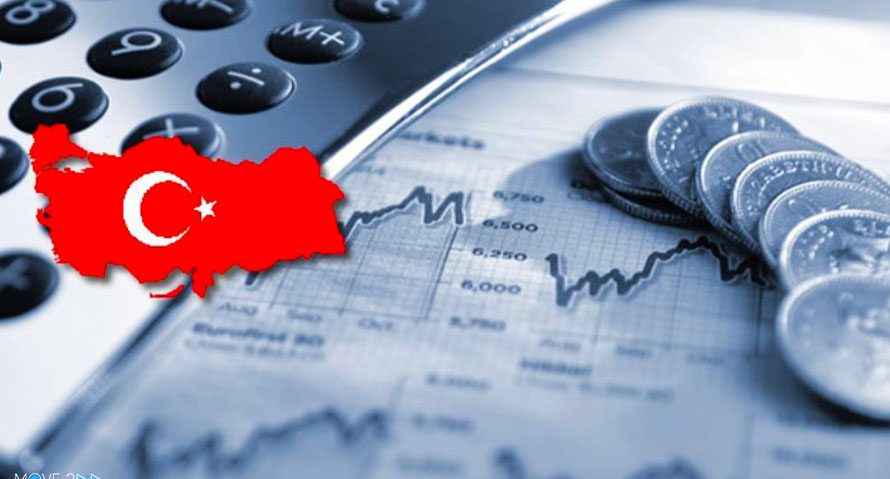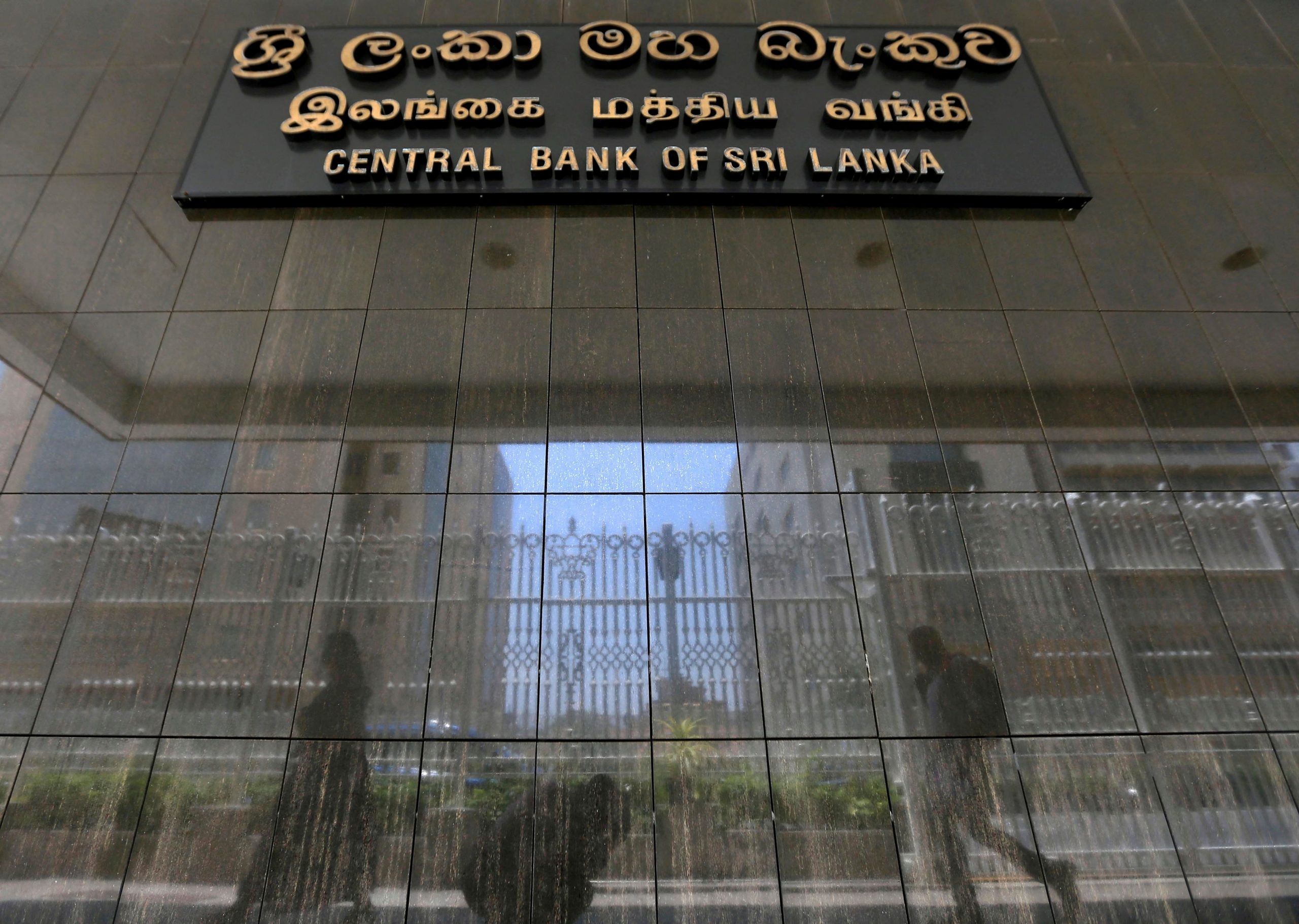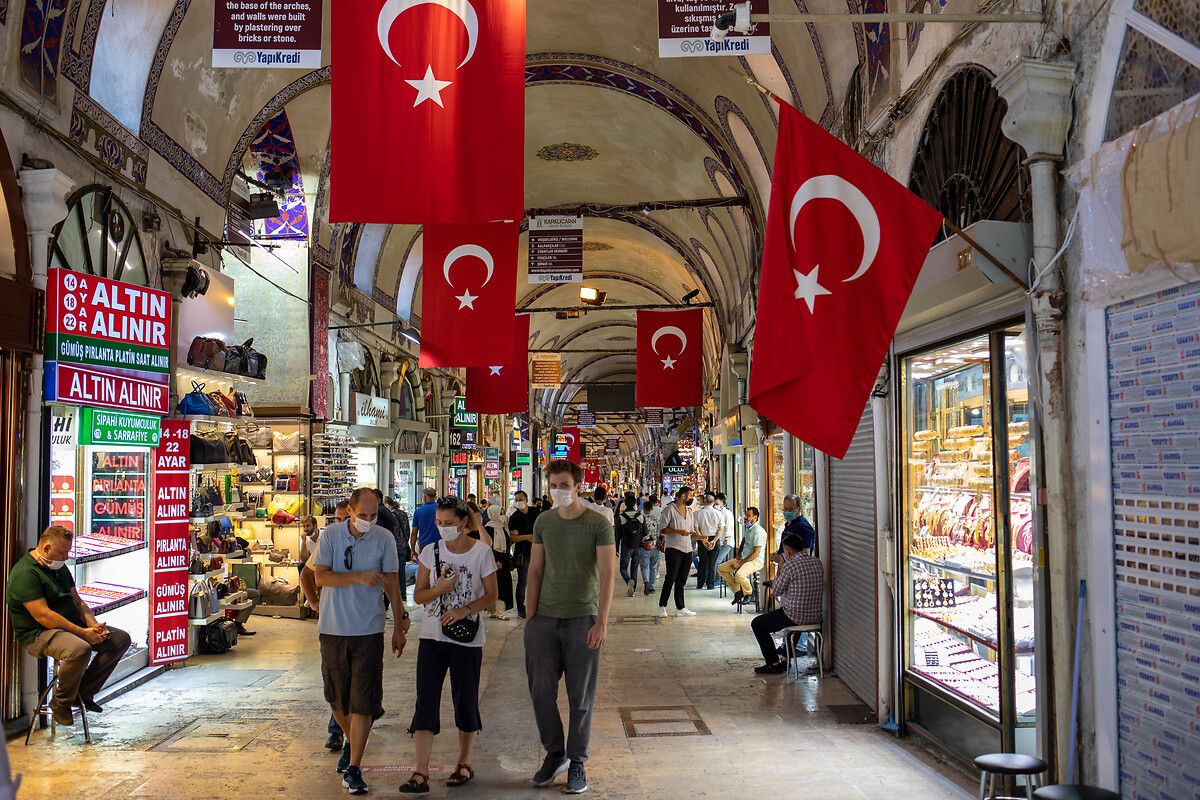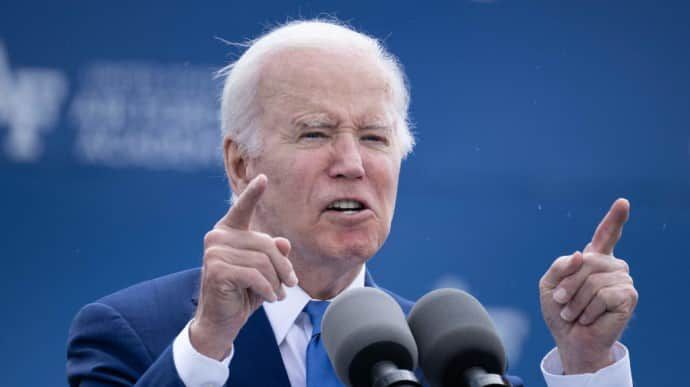Introduction:
Turkey’s President Recep Tayyip Erdogan’s decisive re-election victory has captured investor attention and sparked speculation about the country’s economic future. As Erdogan secures another five-year term, concerns arise regarding the sustainability of his unconventional economic policies, which heavily lean towards ultra-low interest rates and extensive state intervention. With Turkey facing growing pressure across its asset classes, analysts and market experts weigh in on the potential consequences and the need for a shift towards more orthodox policies.

Challenges Amidst Erdogan’s Continued Economic Approach:
Erdogan’s economic model, which has been in place for over 20 years, faces mounting challenges. Turkish bank stocks have plummeted by over a fifth of their value since the first round of elections. Additionally, five-year credit default swaps have surged, reflecting growing concerns about insuring the nation’s debt against default. Foreign investors showed their unease by offloading a significant net amount from the iShares MSCI Turkey ETF traded in New York, marking a substantial single-day outflow.
Speculation on Erdogan’s Unorthodox Policies:
Market analysts speculate on the future of Turkey’s economy under Erdogan’s continued hold on power. Nick Stadtmiller, Head of Product at Medley Global Advisors, suggests that Erdogan’s control over state organs will likely keep his unorthodox policies in place for as long as possible. The consequence will be persistently low interest rates, high inflation, widening sovereign credit spreads, and a gradual depreciation of the currency due to state intervention.
Looming Crisis and Lira Sell-Off:
Brendan McKenna, a currency strategist at Wells Fargo & Co., warns of a significant selloff of the lira due to Erdogan’s economic policies. The Wells Fargo team predicts that the lira could reach a value of 23 by the end of the quarter, with Erdogan’s unorthodox monetary and economic frameworks remaining unchanged. Hasnain Malik, a strategist at Tellimer, adds to the concerns, highlighting high inflation, very low interest rates, and dwindling foreign reserves, which could potentially lead to a painful crisis affecting all assets.
Potential Shift in Policy Direction:
While Erdogan’s victory offers little comfort to foreign investors, analysts at Morgan Stanley, including Hande Kucuk and Alina Slyusarchuk, believe that recent stresses on official reserves, large external finance needs, and high inflation could necessitate a change in policy direction to address macro stability risks. However, they do not anticipate a reversal in interest rate policy given Erdogan’s long-standing belief that higher interest rates cause higher inflation.
Economic Challenges Ahead:
As Turkey faces the reality of another term under Erdogan, significant economic challenges loom. High inflation, a large current account deficit, escalating short-term debt, and dwindling foreign-currency reserves require immediate attention. Emre Akcakmak, a senior consultant at East Capital International, emphasizes the urgency to address these issues and notes that the currency market will need to find a new balance, impacting financial markets and potentially reducing foreign investor interest in Turkish equities.
Erdogan’s Track Record and Market Volatility:
Steven Schoenfeld, CEO of MarketVector, warns that even if Erdogan moderates his economic policies, his track record is not perceived as market-friendly. The recent record lows in the Turkish lira serve as a testament to this. Should the lira continue to decline and inflation surge due to inappropriately-low interest rates, a repeat of the “flight to safety” phenomenon witnessed in 2022 could occur, driven by local investors seeking alternative investment options.
The Importance of the New Cabinet and Economic Team:
Amidst the market volatility, all eyes are on the composition of the new cabinet and economic team. Their decisions will set the tone for future market movements and shape Turkey’s economic trajectory. Observers, like Burak Cetinceker, a money manager at Strateji Portfoy, highlight the need for a transition to a more orthodox policy approach to ensure sustainability. A signal towards this shift would be welcomed by the market, indicating recognition of the current economic model’s limitations.
Conclusion:

Turkey’s recent election may serve as a turning point for its economy. As President Erdogan embarks on another term, the international community and global investors eagerly await potential changes in the nation’s economic policies. A shift towards more sustainable and orthodox approaches is crucial to steer Turkey away from the path of unsustainability and address the mounting economic challenges it faces. The decisions made by the new cabinet and economic team will be instrumental in determining the country’s future economic stability and the level of confidence it can inspire in both domestic and foreign investors.
©traders-news.online










